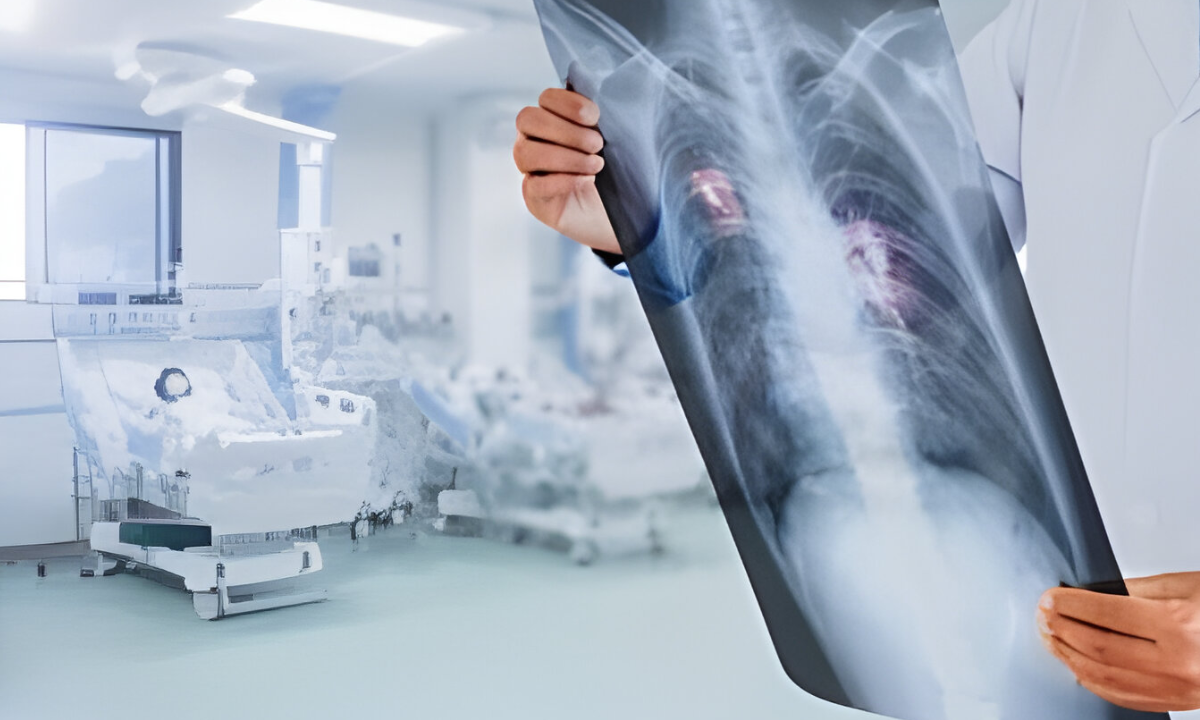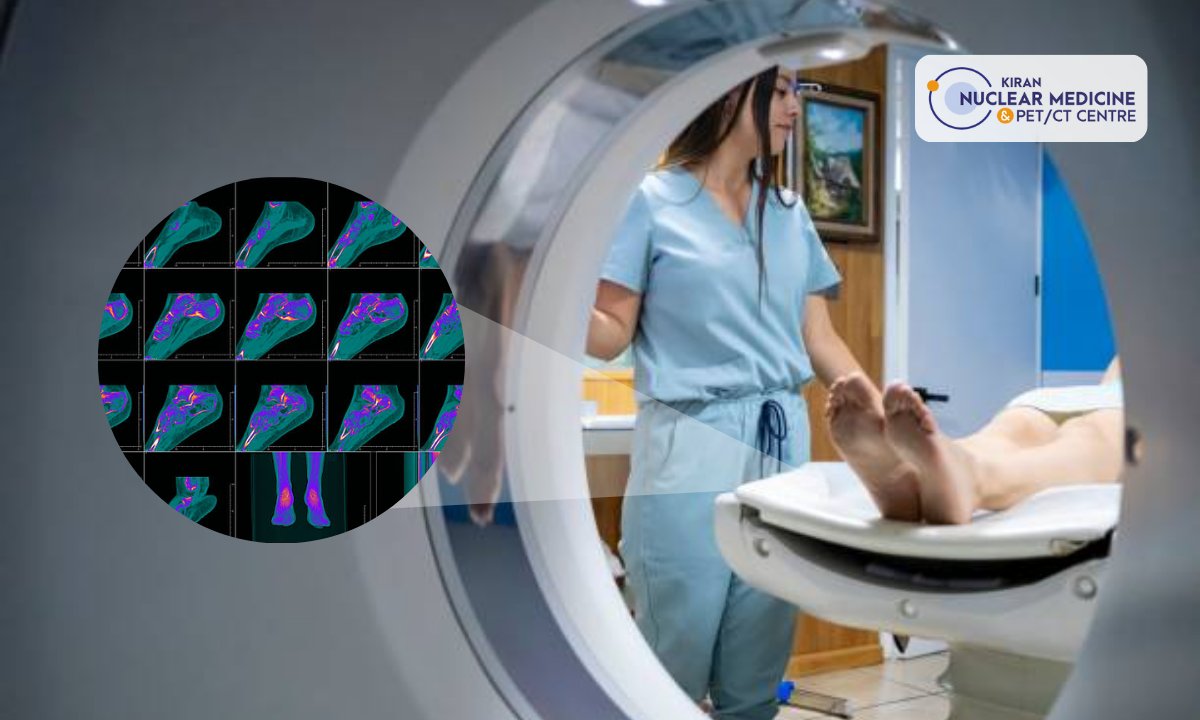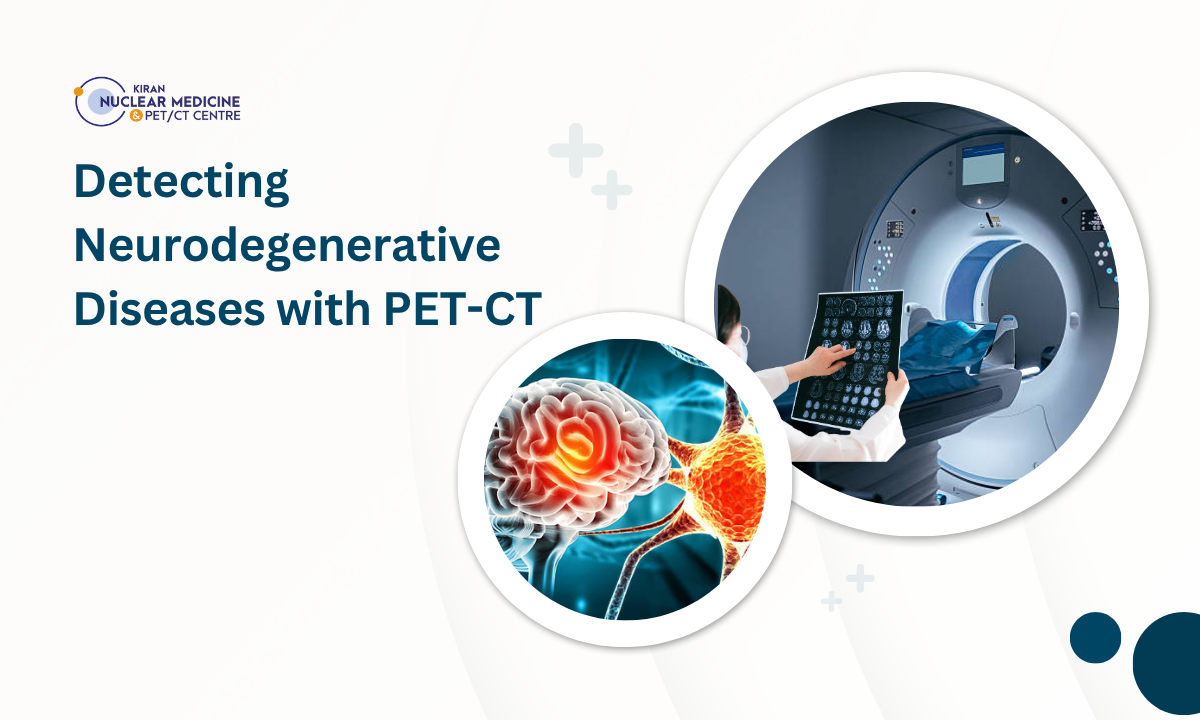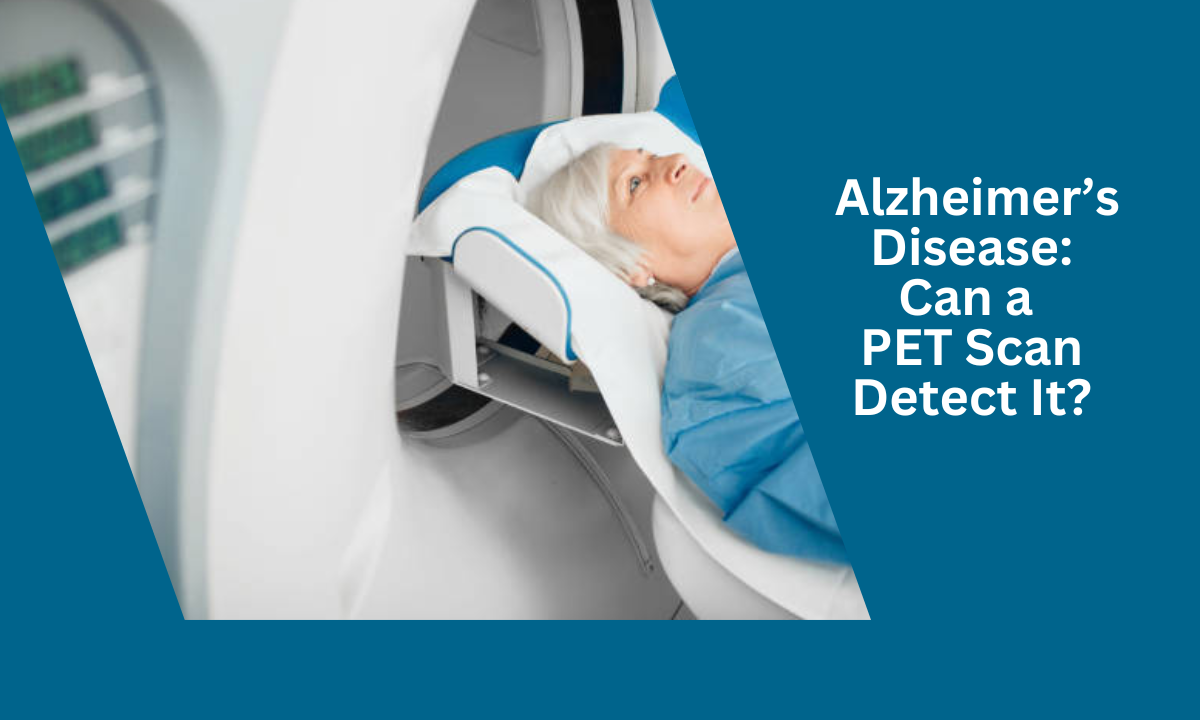Are you concerned about your lung health and want to learn more about the significance of a lung cancer PET scan? Let us go exploring. A lung cancer PET scan, also known as positron emission tomography, is an advanced imaging technology that detects lung abnormalities. This non-invasive treatment uses a little amount of radioactive material to provide detailed images that help spot cancerous cells or tumors.
This technology not only allows for accurate diagnosis and treatment planning by determining the location and extent of lung cancer, but it also assesses lung function at the cellular level. Incorporating a lung cancer PET scan into your healthcare regimen provides critical information about disease staging and severity, directing individualized treatment options. Understanding the possibilities of this diagnostic equipment will help people seeking for PET CT scan in Bangalore to manage their lung health more effectively. Incorporating a lung cancer PET scan into your healthcare plan can allow you to stay informed and proactive about your health.
What is a PET Scan?
A PET scan, also known as positron emission tomography, is a sophisticated imaging technology that detects metabolic activity at the cellular level. It entails administering a small amount of radioactive material (a radiotracer) into the bloodstream. This chemical produces positrons, which are detected by a specialized camera and used to create detailed interior images.
Unlike traditional technologies like X-rays and CT scans, which focus on structure, PET scans provide critical functional information about organ and tissue function. They help diagnose and track illnesses like cancer, heart disease, and neurological issues. PET scans are critical in lung cancer patients because they detect aberrant metabolic activity that indicates tumors or cancer cells.
This diagnostic information helps to stage cancer, schedule treatments, and track therapeutic outcomes. PET scans provide a comprehensive perspective of illness development by combining anatomical and functional data, allowing for more individualized patient therapy. Understanding these technologies enables proactive health management and early identification for Bangalore residents seeking PET CT scan or CT scan services, resulting in improved outcomes and quality of life.
How Do PET Scans Work?
PET scans use the positron emission principle, which asserts that when a radioactive material decays, it emits positrons. When injected into the body, the radiotracer accumulates in metabolically active tissues, including cancer. The created positrons interact with electrons in the body, producing gamma rays that are detected by the PET scanner’s detector.
These gamma rays are recorded by the PET scanner, which has numerous detector rings around the body. A computer then analyzes the data to produce detailed visualizations of tissue metabolism. Healthcare specialists can identify irregularities in these photos that may indicate diseases such as lung cancer.
PET scans provide critical information regarding tumor location, size, and metabolic behavior, enabling more precise diagnosis and treatment planning. They are excellent in detecting small or concealed tumors, assessing disease spread, and determining therapy efficacy. PET scans, as a versatile diagnostic tool, play an important role in the early detection and thorough treatment of lung cancer, resulting in improved patient outcomes and survival rates.
Importance of PET Scans in Lung Cancer Diagnosis
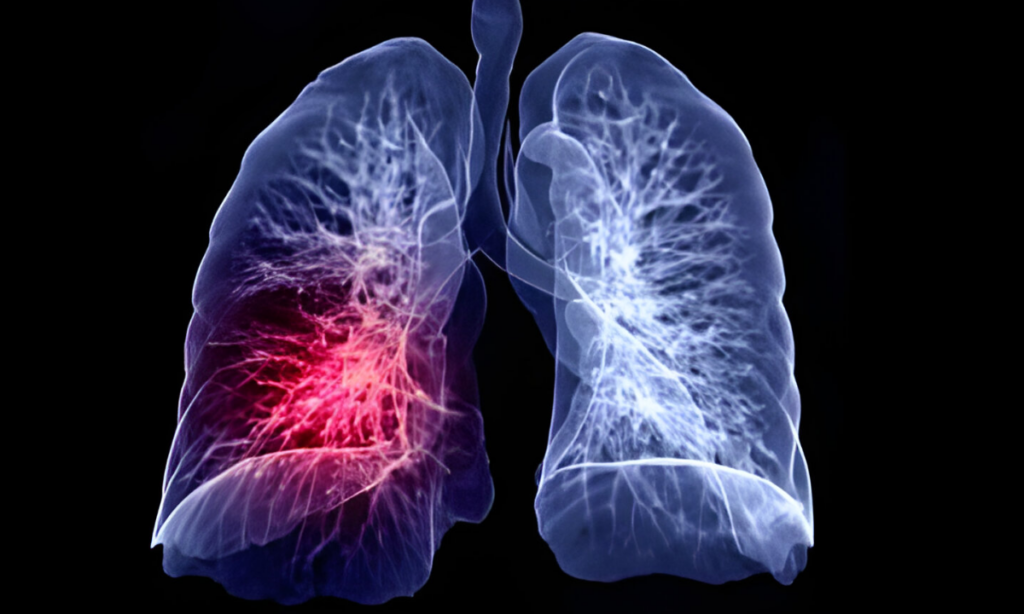
PET scans are significant in lung cancer detection because they provide unique insights into tumor characteristics via metabolic activity monitoring. PET scans, as opposed to typical imaging methods that focus on structural alterations, emphasize metabolic patterns, which is significant in oncology because cancer cells have unique metabolic properties.
These scans successfully distinguish between benign and malignant tumors by identifying areas with increased metabolic activity, allowing for more precise lung cancer diagnosis. Furthermore, PET scans are critical for staging cancer, determining its dissemination, and assessing therapy response. PET scans provide early identification and quick therapies, which improve patient outcomes.
PET CT scan services in Bangalore combine modern imaging capabilities, allowing for individualized treatment regimens based on detailed tumor information such as size, location, and metabolic activity. PET scans improve lung cancer management techniques by guiding focused medications and minimizing needless procedures, resulting in better patient care and prognosis.
Preparing for a Lung Cancer PET Scan
To guarantee good results from a lung cancer PET scan, several crucial steps must be completed beforehand. Patients are typically advised to fast for several hours prior to the scan, as food in the digestive system can affect radiotracer distribution. It is crucial to inform healthcare providers about any medical conditions, allergies, or medications that may affect the scan.
On the day of the procedure, patients should dress comfortably and avoid wearing metal objects or jewelry that may interfere with imaging. Depending on the surgery, patients may be given specific fluid consumption guidelines to help them eliminate the radiotracer. Patients lie on a table as a PET scanner takes comprehensive images of their lungs.
Patients can return to normal activities soon after the scan, but they should stay hydrated and follow any further instructions from their healthcare physician. A radiologist will examine the scan results and consult with the treating physician to help them decide on an appropriate treatment strategy. Being well-prepared ensures that the process goes smoothly and that lung cancer is diagnosed and treated correctly.
Conclusion: The Role of PET Scans in Lung Cancer Management
Finally, PET scans are extremely effective in lung cancer treatment because they provide critical data for disease detection, staging, and monitoring. PET scans, which provide detailed information on cellular metabolic activity, assist clinicians in detecting malignant tumors, monitoring disease progression, and assessing treatment efficacy. Their ability to detect lung cancer early and implement personalized treatment plans has a significant impact on patient outcomes and survival rates.
PET CT scans must be included in diagnostic and treatment planning as part of a complete lung cancer care strategy. Patients can benefit from advanced PET CT and CT scan in Bangalore, that offer precise and tailored care. These imaging tools help healthcare providers better understand tumor biology, allowing for more informed decisions and targeted therapy. With continual breakthroughs in imaging technology and cancer treatments, PET scans continue to be a cornerstone in the fight against lung cancer, giving patients worldwide hope and better outcomes.
Kiranpet Diagnostic Centre offers comprehensive medical imaging and diagnostic services, providing accurate and timely results to support patient care. contact us today +91 70902 70904

